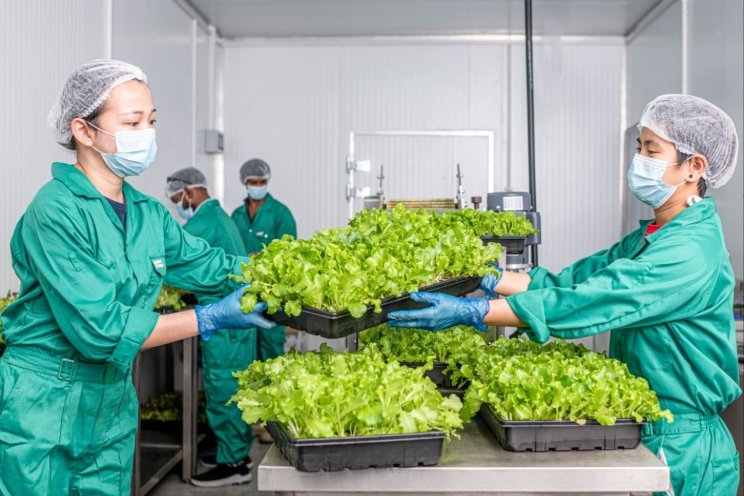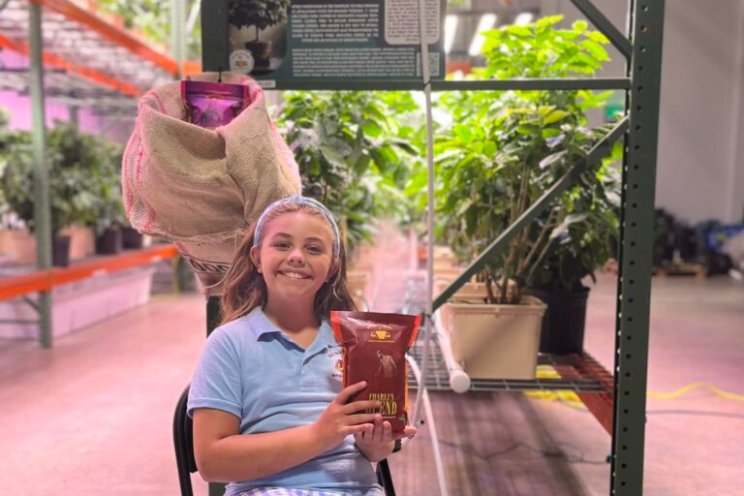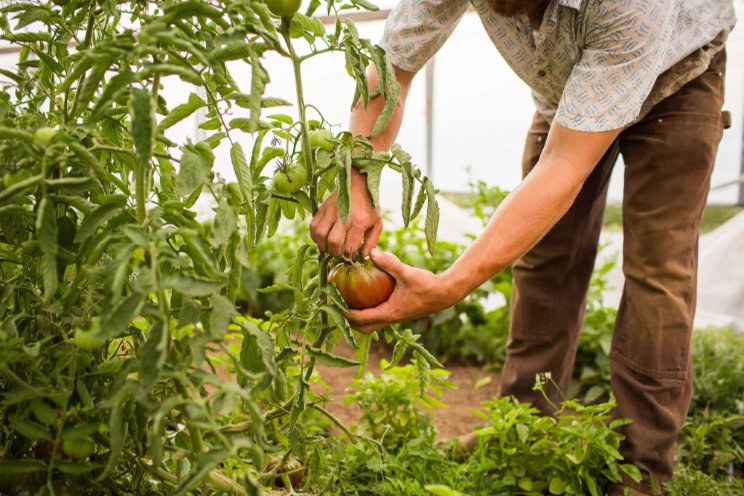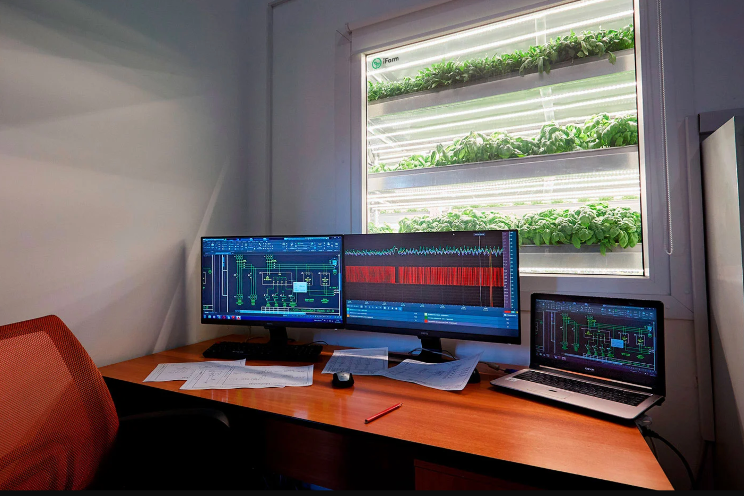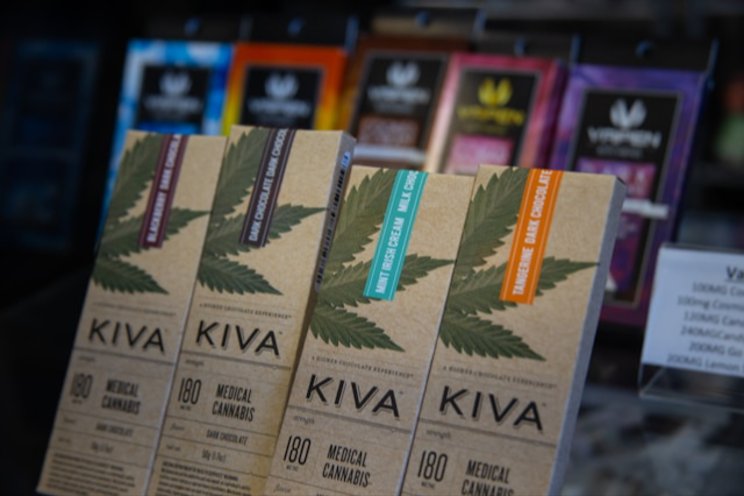Processing coconut husk waste into sustainable materials
Added on 25 November 2021

Following the launch of its sustainable textile products made from pineapple leaf waste, NEXTEVO announces its development towards processing coconut husk waste into sustainable materials by Q2 2022. NEXTEVO has currently formed an exclusive partnership with Sambu Group, the world's largest and most integrated coconut products manufacturer, to process coconut husk waste into cocopeat, crushed husks and coir fibers.
Importance of Using Coconut Husk Waste as a Sustainable Alternative to Peat Moss
Cocopeat and crushed husks are 100% natural, renewable, and biodegradable soil substrates that improve soil texture and moisture retention, thereby boosting yield productivity for horticultural and greenhouse settings. Coir fibers can be integrated into bedding mattresses as part of the foam core which provide better comfort, support and ventilation. Among other applications, they are also used for geo-textile products to protect against land surface erosion while aiding in moisture absorption and conservation which in turn, promotes plant vegetation.
Using cocopeat also presents as a sustainable alternative to peat moss, a commonly used soil amendment for plant growth that is extracted from peatlands. Peatlands serve a vital role in combating climate change, trapping almost twice as much carbon as forests, while only covering a very small percentage of landmass globally. There have been calls to ban peat extraction for its use as a growing soil media and switch to sustainable alternatives like cocopeat in efforts to preserve peatlands globally.
Establishing a Sustainable Economic and Environmental Ecosystem with Indonesian Farmers
Indonesia is the world's largest coconut producer with 17.1 million tonnes[1] produced in 2019, and significant volumes of coconut husk waste generated are commonly burnt or disposed into nearby water bodies by small-holder farmers, resulting in the release of greenhouse gases and contributing to climate change. Together with its network of major coconut processors, plantations and farmer groups, NEXTEVO plans to set up a centralised system to collect these coconut husk waste. This would not only minimise existing environmental problems in the process, but also supplement farmers' income. The exclusive partnership formed with Sambu Group signals the strong relationships that the company has built within the agricultural sector to drive coconut husk waste processing production on a scalable volume. NEXTEVO also plans to work with similar stakeholders in other top producing coconut countries in Southeast Asia such as Philippines and Thailand.
NEXTEVO Founder Harold Koh, who spent nine years as the President Director & CEO of Great Giant Pineapple (world's single largest pineapple plantation operator based in Indonesia), has built an extensive network in the agricultural sector. Not limited to pineapple leaves and coconut husks, Harold plans to expand to other types of agricultural waste in Southeast Asia to provide sustainable value-added solutions at scale.
In the next three years, NEXTEVO aims to impact the lives of more than 5,000 pineapple and coconut farmers or more in Southeast Asia.
"At NEXTEVO, we want to create impact in the world by transforming agricultural waste into sustainable materials and products with scalability that makes sense for both the environment and farmers. Our key differentiation is in our ability to work directly with collective small-holder farmers, plantations and major coconut processors in Southeast Asia and to source different types of raw materials in abundance. Our recent encounters with several global brands and manufacturers show that there is a drive towards sourcing for materials that contribute to sustainability efforts," said Harold.
NEXTEVO's mission is to transform agricultural waste at scale into sustainable value-added products for everyday living and agricultural applications. The company aims to drive positive social impact to farmers and relieve environmental pollution. Underlying these efforts is its goal towards zero waste, utilizing every component of agricultural waste. NEXTEVO is located in Singapore with operations in Thailand and Indonesia.
Source: HortiBiz
More news

